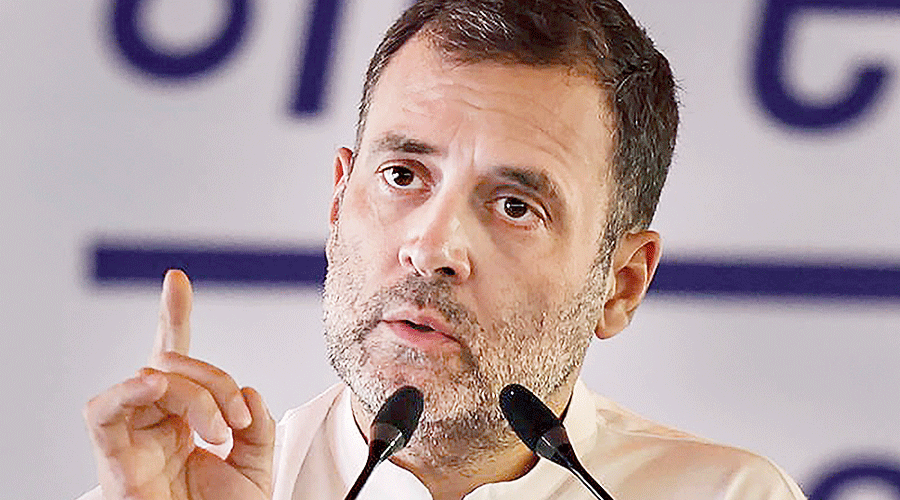The Congress’s decline is often attributed to two principal factors. The first pertains to individual ineptitude. The Congress’s ship, evidently, is full of sailors who would rather be the skipper. Personal ambitions and whims are often prioritised by leaders over everything else: senior leaders such as Ghulam Nabi Azad and Anand Sharma resigning from their respective posts are a classic example of this phenomenon. Second, the party organisation — it resembles a rudderless ship — continues to be in a shambles. Rahul Gandhi has apparently made it clear that he, or, for that matter, anyone from the Gandhi family, is unlikely to take up the reins of the party. Perhaps the fear of further electoral debacles is on his mind. Whatever may be the reason, the consequence is comical: the party remains unwilling to let go of the Gandhis while the latter remain non-committal. The outcome of the elections for the party president, consequently, remains unclear.
But there is a third — perhaps the most formidable— cause behind the Congress’s waning on India’s political firmament. This, as has been pointed out in a book by the eminent political scientist,Zoya Hasan, concerns the erosion of centrism as a political philosophy. Centrism, which advocates a fine balance among social forces without adhering to extreme positions, was integral to the Congress’s strategy. It has been wrong-footed by the surge of majoritarian Hindutva under the Bharatiya Janata Party’s watch. In fact, this is, arguably, a global phenomenon. Be it in Britain, where the Liberal Democrats find themselves in a corner, Italy, Germany, Austria or even in New Zealand, the turf of Centrist parties or coalitions is being increasingly encroached upon — often successfully — by hawkish Conservatives or an ascendant Right. This capitulation by Centrist outfits signals one of the gravest existential threats faced by the global liberal project. The path to resurrection, if there is a resurrection, however, is quite obvious. In the Congress’s case, it has to find an alternative political narrative that would take the battle to religious polarisation. For this to happen, the Congress must signal a clean break from one aspect of its past: it must reject its soft Hindutva approach — that is a path to ideological annihilation. Instead, it must revitalise its solidarity with the people by concentrating on issues that are relevant to public welfare while, simultaneously, rebuild its network of solidarity with blocs. There is no other way.











